What is the Vallée de la Transition Énergétique?
Guided by the desire to contribute to accelerating the energy transition and reducing the environmental footprint within urban, industrial and port environments, the cities of Bécancour, Shawinigan and Trois-Rivières are joining forces for the benefit of a collective proposal that aims to make a sustainable transition that matches their ambitions and those of the province of Québec. Together, we aspire to provide innovative, technological and economic solutions in response to societal and ecological challenges.
Our development sectors
The VTE intends to become a national and global reference in research, development, industrialization and promotion of innovation resulting from its technological axes, in addition to promoting its commercialization. We intend to position the province of Québec and its assets in an emerging market.
Battery
Sector
- Eco-design and optimization of a new generation of batteries;
- Reconditioning and recycling of batteries;
- Valorization of critical and strategic minerals and optimization of electrochemical processes.
Transport &
Electrification
- Development / integration of components, innovative charging and electrification systems;
- Development of electric off-road vehicles.
Hydrogen, industrial & port decarbonization
- Decarbonized logistics and heavy industry systems, port operations and heavy transport;
- Optimization of the production and use of green hydrogen in the industrial and port chain.
Three poles
of innovation
Pole
Bécancour
A natural business niche for Bécancour, the environmental theme was woven through its industrial vocation, which saw the birth of one of the first nuclei of industrial symbiosis in Quebec. Most industrial sub-sectors are represented there, choosing Bécancour to take responsibility for the challenges of social acceptability and achieve their GHG reduction targets.
With the largest industrial park and port under provincial jurisdiction, where major investments in the battery sector are confirmed and the production of green hydrogen is developing, Bécancour is recognized worldwide and becomes an ideal playground for testing and updating the innovative technological solutions of the VTE.
Pole
Shawinigan
Designated City of Energy after having marked the history of hydroelectricity in the province, Shawinigan continues to trace its expertise in electrochemistry and the electrification of transport. Anchored by its research centers present on its territory and rich in an innovative ecosystem of companies in the transportation electrification sector, Shawinigan is already presenting itself as an essential pillar in the next stages of the development of the VTE.
Shawinigan’s contribution also goes through its entrepreneurial culture, which has taken root for more than ten years through incubation infrastructures that promote the emergence of startups.
Pole
Trois-Rivières
Pioneer of heavy industry in Canada and recognized for its quality of life and cultural richness, Trois-Rivières focuses its efforts on reducing the carbon footprint of industrial and port activities aimed at achieving the objectives of Quebec and Canada. The City’s investments in a new economic development model led in 2019 to the launch of the innovative entrepreneurial district Halo, from which various animation and networking activities now emanate.
Geographical center of the VTE, Trois-Rivières will also be at the center of its culture of collaboration, surrounded by major innovation players who stand out in the renewable energy, clean technology and sustainable development sectors.
Knowledge ecosystem
To position the province of Québec as a world leader in research, training, development and industrialization in technological innovation of the VTE. To become an example of multi-establishment and inter-order consultation to promote the transfer of knowledge and the development of technologies relating to the energy transition.
The VTE’s scientific committee defines and directs the scientific program linked to the three axes of development of the VTE. It encourages innovations and partnerships between all players to strengthen existing expertise and push the boundaries of knowledge. It promotes collaborative projects and the pooling of resources to increase the synergy of the components of the ecosystem.
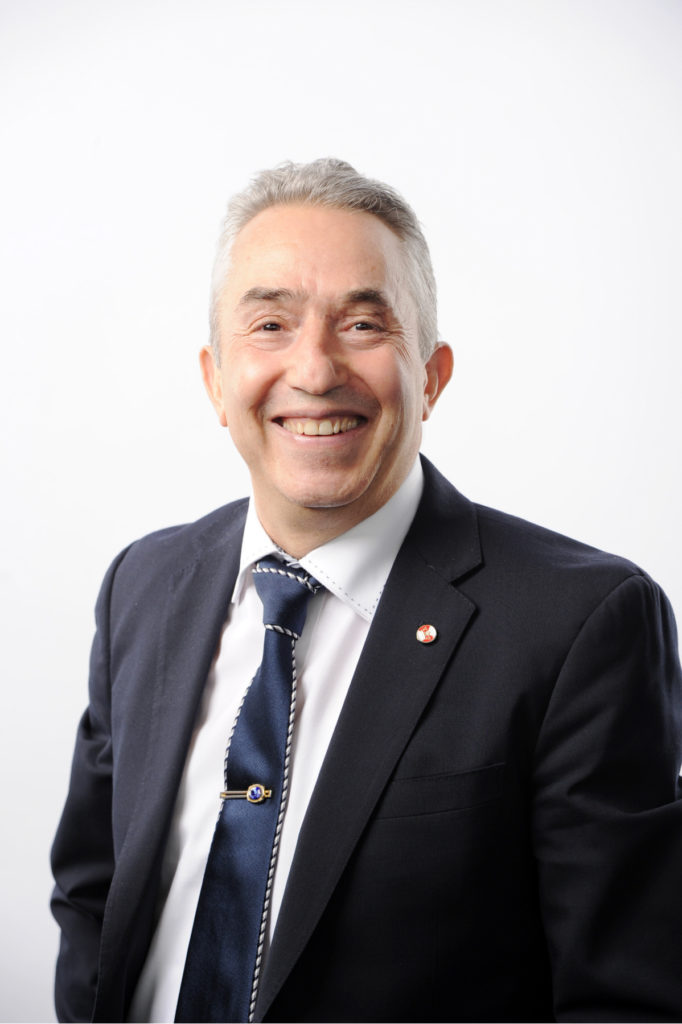
Leader in the Batteries sector
Karim Zaghib
Professor at Concordia University and CEO of Apogee’s Electrification Division
Karim Zaghib specializes in electrochemistry, rechargeable batteries (lithium-ion and solid-state), carbon, energy transition, and electrification of transportation. Since 2022, he has been a professor of chemical engineering and materials at Concordia University and director of the Energy Collaboration Centers and its transition, following a 28-year career at Hydro-Québec. As the General Director of Research and Development of materials for lithium-ion batteries at Hydro-Québec, he contributed to making the company the first in the world to use lithium iron phosphate (LFP) in cathodes and to develop natural graphite and nanotitanate anodes. He was also one of the pioneers of the first two-electrode photobattery and high-capacity energy storage in MWh based on LFP/graphite, as part of a joint venture with Sony and Hydro-Québec, and has also made significant contributions to electrothermal, ionic liquids, and molten salts.
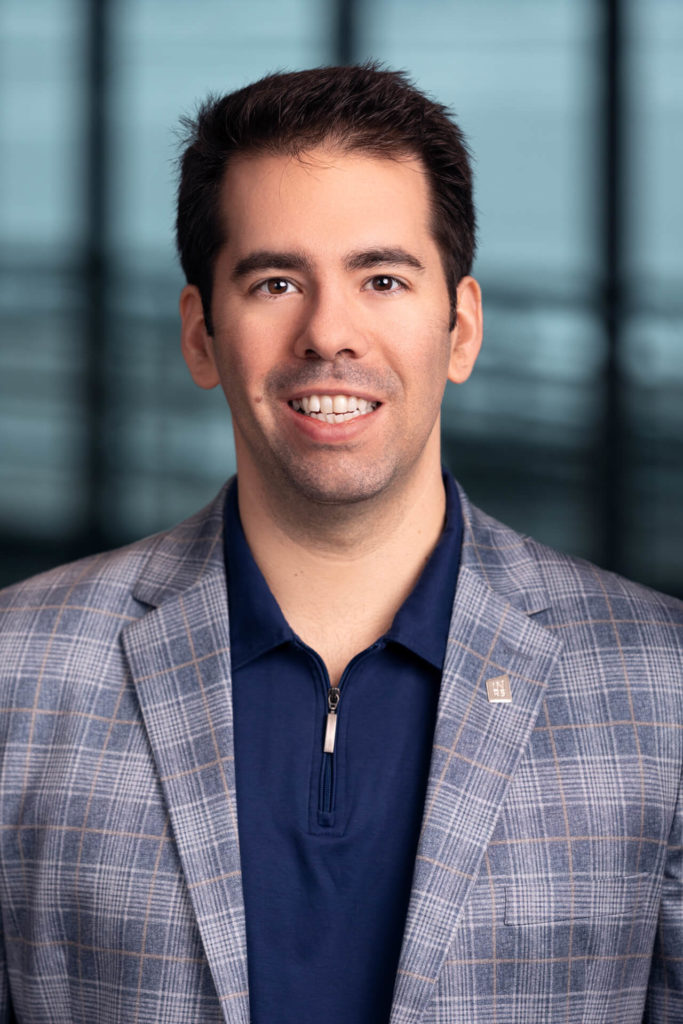
Leader in the Transportation Electrification sector
François Allard
Professor at INRS and regular member of the INRS-UQTR Joint Research Unit on Materials and Technologies for Energy Transition.
Professor François Allard joined the Center for Energy Materials Telecommunications in 2022 to develop a research program in applied electrochemistry and numerical modeling of electrochemical systems, such as batteries and hydrogen fuel cells. With his team, he develops numerical models that couple electrical, thermal, and electrochemical phenomena to better predict the state of energy storage systems and optimize the integration of components in vehicles. In the laboratory, his team is developing new storage technologies and validating the results of numerical simulations. He is also a member of the Quebec Network on Intelligent Energy (RQEI). In other sectors, he leads research on aluminum and technologies for metal and hydrogen production using high-temperature electrolysis. He is a member of the International Committee on Aluminium (ICSOBA), which brings together key players in this sector.

Leader in the Hydrogen and Industrial and Port Decarbonization sector
Bruno G.Pollet
Research Professor at UQTR and Co-Director of the Hydrogen Research Institute.
Professor Bruno G. Pollet (Google Scholar h-index 57, # citations > 13,500, >385 publications on ResearchGate) has extensive international industrial and academic experience. He has worked on hydrogen energy in the United Kingdom, Japan, South Africa, Norway, and Canada. He is a member of the Royal Society of Chemistry (RSC) in the UK and a full professor of chemistry at UQTR in Canada. Since 2022, he has been a member of the Engineers Council for Energy Transition: an independent advisory council to the United Nations Secretary-General. He is also the director of the Institute for Hydrogen Research (IRH) at UQTR, director of the Green Hydrogen Laboratory (GH2Lab), an adjunct professor at the Hydrogen Safety Engineering Research (HySAFER), University of Ulster (UK), and President of the Green Hydrogen Division of the International Association for Hydrogen Energy (IAHE).


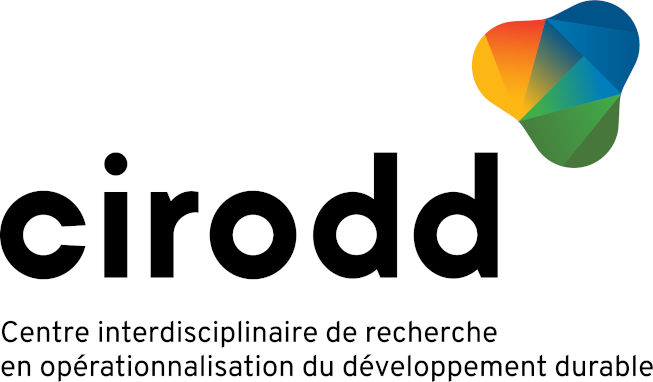

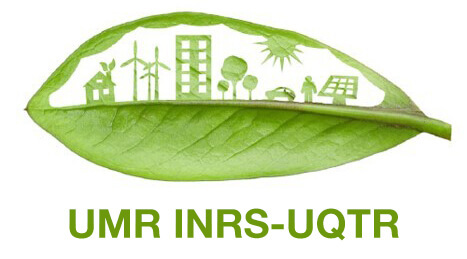
Management Team
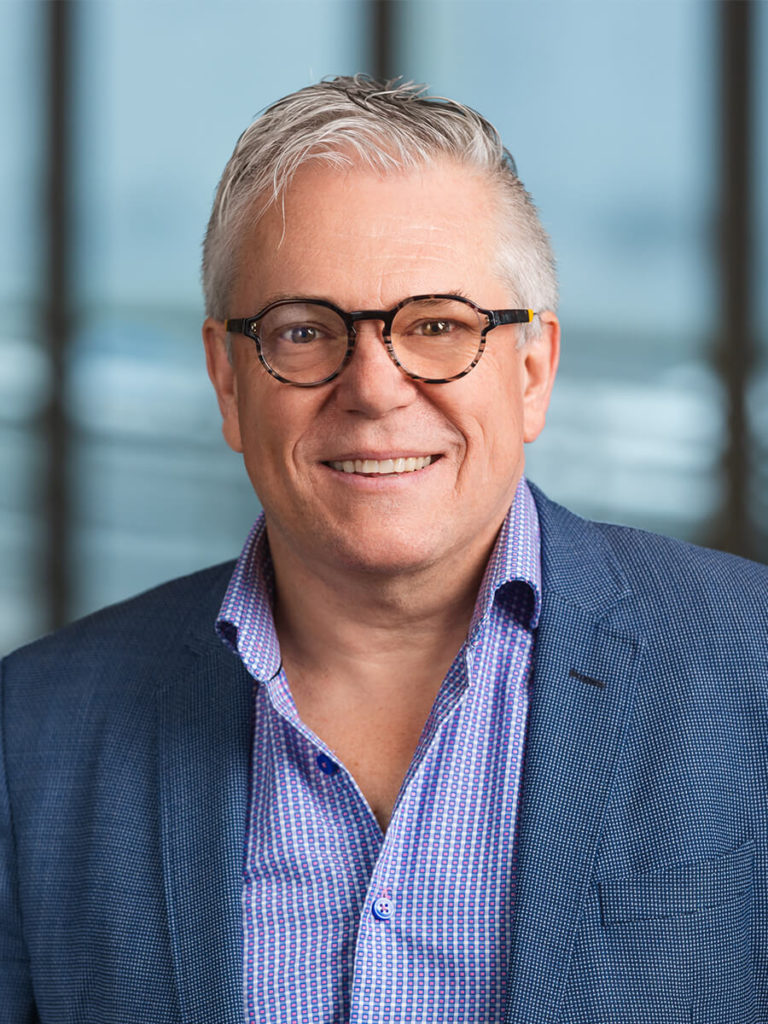
Alain Lemieux
Chief Executive Officer (CEO)

Alexia Selin
Executive Assistant
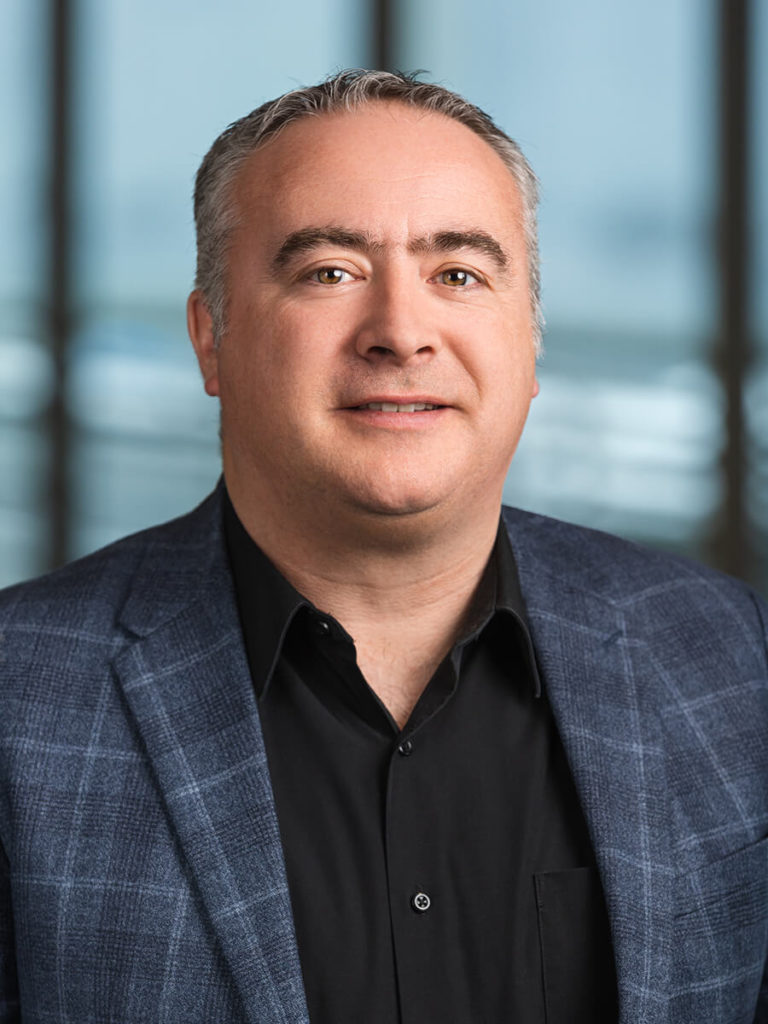
Guillaume Parenteau
Business Development Vice President

Michèle Landry
Vice President, Development Living Environment & Partnerships

Fanie V. Thibeault
Vice President Development Government & International Affairs

Clément Villemont
Vice-president, Development Knowledge Environment and Innovation Ecosystem
Contact us
Phone
Address
1000 Boulevard Arthur-Sicard,
Bécancour, G9H 2Z8